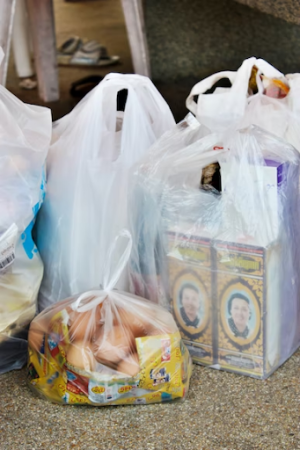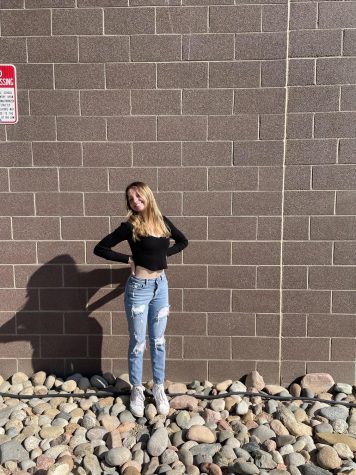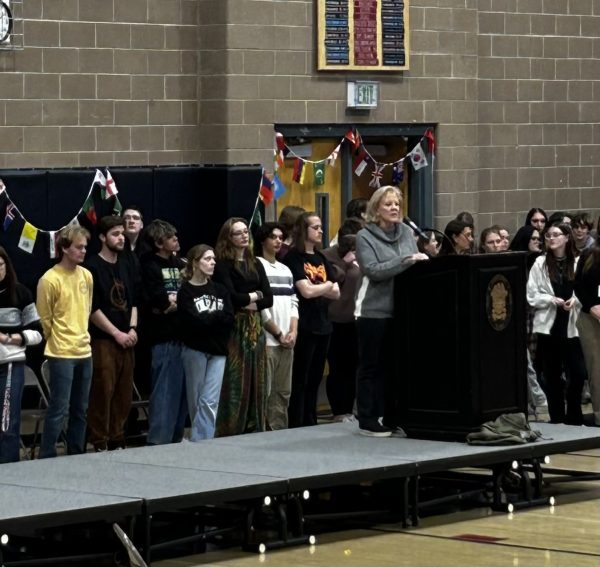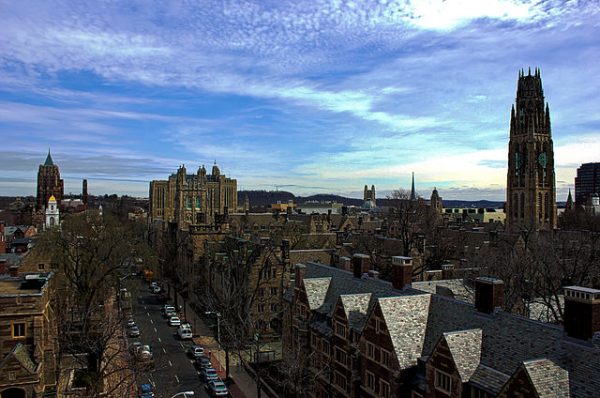Colorado Begins Taxing Plastic
What does that mean?

Several states have begun to charge for plastic bags since 2014. California was the first state to entirely ban single use bags.
January 27, 2023
At the start of 2023, stores across Colorado began charging 10 cents per plastic bag due to lawmakers passing a measure to hopefully reduce the plastic pollution in our state. Colorado is ranked ninth for most pollution in the United States pollution ratings.
This state law was actually signed in 2021 by Governor Jared Polis with the intention to stop the harmful effects of pollution the state’s natural resources are facing.
Since this is a new law, if a store doesn’t charge ten cents, they could be fined up to $500 for their second offense, and their third violation could cost up to $1,000. Although this law has been passed, there are some things that are exempt from the fee. For example, if one receives help from the state or the federal government for food assistance, then they will be exempt from the fees if they are able to prove that they are a part of those programs. Some items packaged in bags that will be exempt from the fees would be medication or medical devices.
“I’ll be curious to see the long term effects, and how long the 10 cent charge stays in place, and if it does change people’s behavior, or if people are like, ‘yeah, I’ll just pay the ten cents,’” assistant principal Rachel Parker said.
Though reusable bags can be expensive at first, they will help save more in the long run. Almost all United States citizens have said they go grocery shopping at least once a week. Grocery shopping usually consists of meals for the week including breakfast, lunch, dinner, and snacks to get through each day. This means that there can be more than 10-20 bags used each trip, which could total more than $2.00 in bag taxes. All together, the cost of purchasing plastic bags each time you go shopping will quickly add up to more of the price than reusable bags would be.
According to Simply eco, it costs about a penny to produce one plastic bag, whereas RedibagUSA says it costs around 10-25 cents to produce a reusable grocery bag. While this does seem like a huge difference in pricing, for a stable company that runs off of plastic bags, those charges accumulate. Using one reusable bag can actually add up to the equivalent of using around 22,000 plastic bags – what a difference in price!

“I think it’s gonna be slow (change in our environment). You may not see a visible change, but I think you’ll see a change in society where people start realizing the financial cost because people do not want to give away their money,” Deputy Dave Bruening, Dakota Ridge SRO, said.
The money that comes from the ten cent charge will go to different places. According to Mile Hile on the Cheap, 60% of it will go to the local government and 40% of it will be kept by the business. Chet Heaney, assistant floor manager at King Soopers, contradicts that, “It’s charged by the state, so I’m not sure where the money goes, but we don’t keep any of that money.”
The ten cent charge won’t be permanent, though. In 2024, plastic bags will be banned in Colorado, but those who still offer plastic bags will still be mandated to charge a fee that could be even higher than ten cents.
Along with banning plastic bags in 2024, Colorado will be banning polystyrene products – styrofoam. There will be one exception to this law which will be restaurants who have to continue to use styrofoam until their inventory is gone.
“I think it’s a good idea. I think as we know there’s a lot of plastic bags, not everybody recycles them properly, so we find them in oceans and rivers, and they probably wouldn’t biodegrade for millions of years,” Bruening said, “but there’s millions and millions of plastic bags, so I think it is good.”












